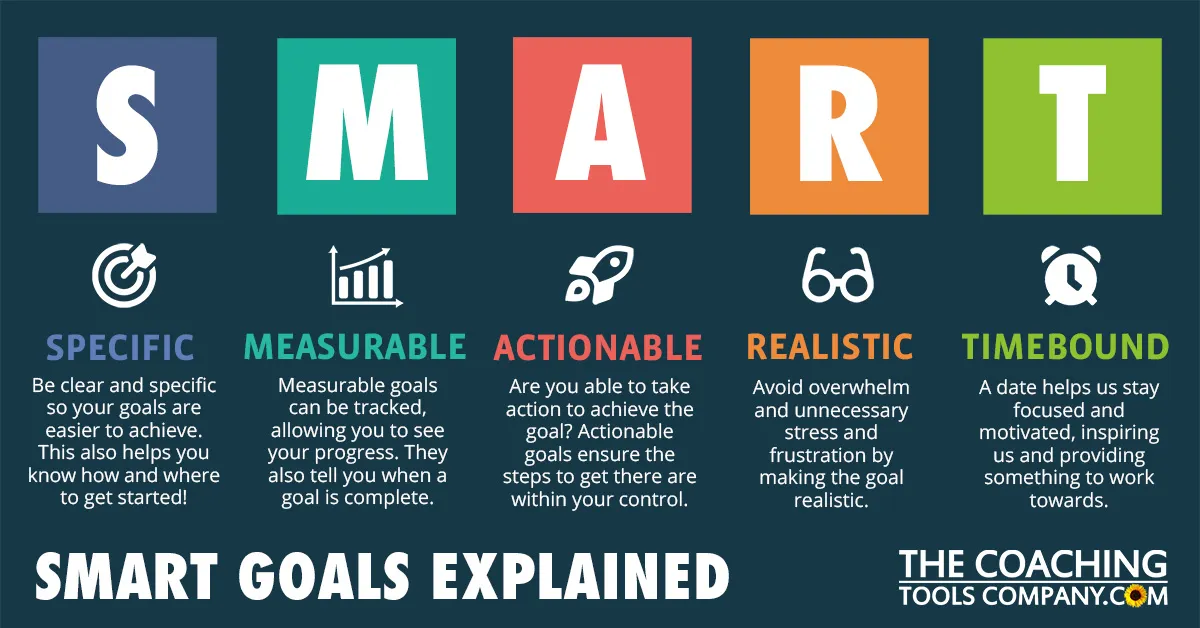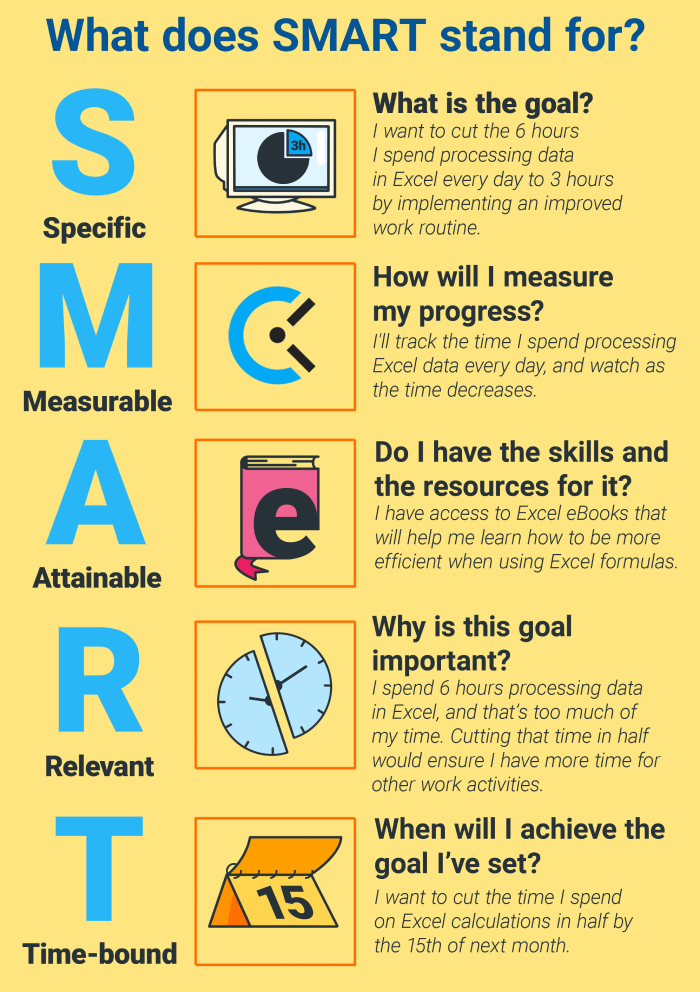As a tech manager, it is important to have direct reports who have SMART goals. Good goals ensure that the team is working to their full potential and is comfortable in the roles they are performing. Here are some tips on how to motivate direct reports into creating SMART goals.

First, it is important to set a shared goal. If you and your team have a common goal, they will be more motivated to work hard and stay on task to reach the goal. Even if it is a small goal, it helps everyone to stay focused and understand what success looks like.
Second, encourage your direct reports to set stretch goals and accept challenges. Presenting your team with tasks that will push them out of their comfort zone will not only keep them from becoming complacent, but will also provide them with a sense of accomplishment when the tasks are completed.
Third, emphasize the importance of planning. Proper planning gives your direct reports a clear timeline of what needs to be done, and helps them set realistic goals. When setting goals, it is important that your team understands the expectations and that the goal is achievable.
Fourth, make sure your direct reports have a clear understanding of what success looks like. It’s not enough to simply state a goal, it is essential to have a target to aim towards. Make sure that your team clearly understands what success looks like and how to measure success.
Fifth, provide feedback on progress and results. Keep an open dialogue between yourself and your team, and make sure your direct reports know when they’ve done well. Constructive criticism also can help your team stay on track and understand what needs to be improved.
Sixth, celebrate successes. Make sure that your team feels a sense of accomplishment when goals are achieved. Celebrating successes, big or small, creates a positive and motivated team atmosphere.
Seventh, provide resources. If your direct reports have the proper resources and support, they are more likely to achieve their goals. Make sure that they have access to whatever they need to be successful.
Finally, reward results. Good performance should be rewarded with bonuses, promotions, or public recognition. This will not only provide your team with motivation to work hard, but will also help create a company culture of excellence.
These tips should help you motivate your direct reports into creating SMART goals. When done correctly, SMART goals help ensure that your team is productive and striving for excellence. It is important to take the time to motivate and empower your team to reach new heights.
Good SMART Goals:
1. Increase the number of mobile applications developed by 10% before the end of the year by improving the team’s code structure and applying the latest development tools.
2. Learn a new programming language and create a web application before the end of the month.
3. Improve customer customer satisfaction scores by 15% by developing automated response techniques and streamlining customer service processes.
4. Increase user interface compliance by 75% before the end of the quarter by conducting regular programming tests and fixing issues quickly.
Bad SMART Goals:
1. Develop 5 mobile applications before the end of the quarter without considering the team’s code structure and latest development tools.
2. Become proficient at a new programming language within just one week.
3. Increase user satisfaction scores with customer service processes without considering automated techniques.
4. Increase user interface compliance by more than 100% with no programming tests or issue fixing.
